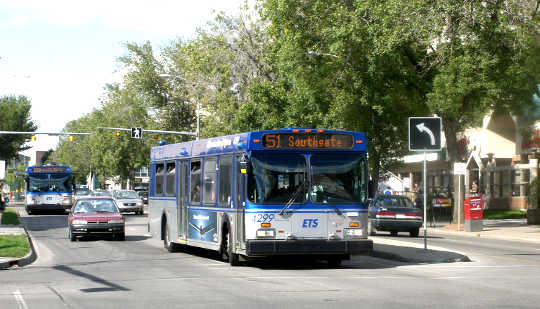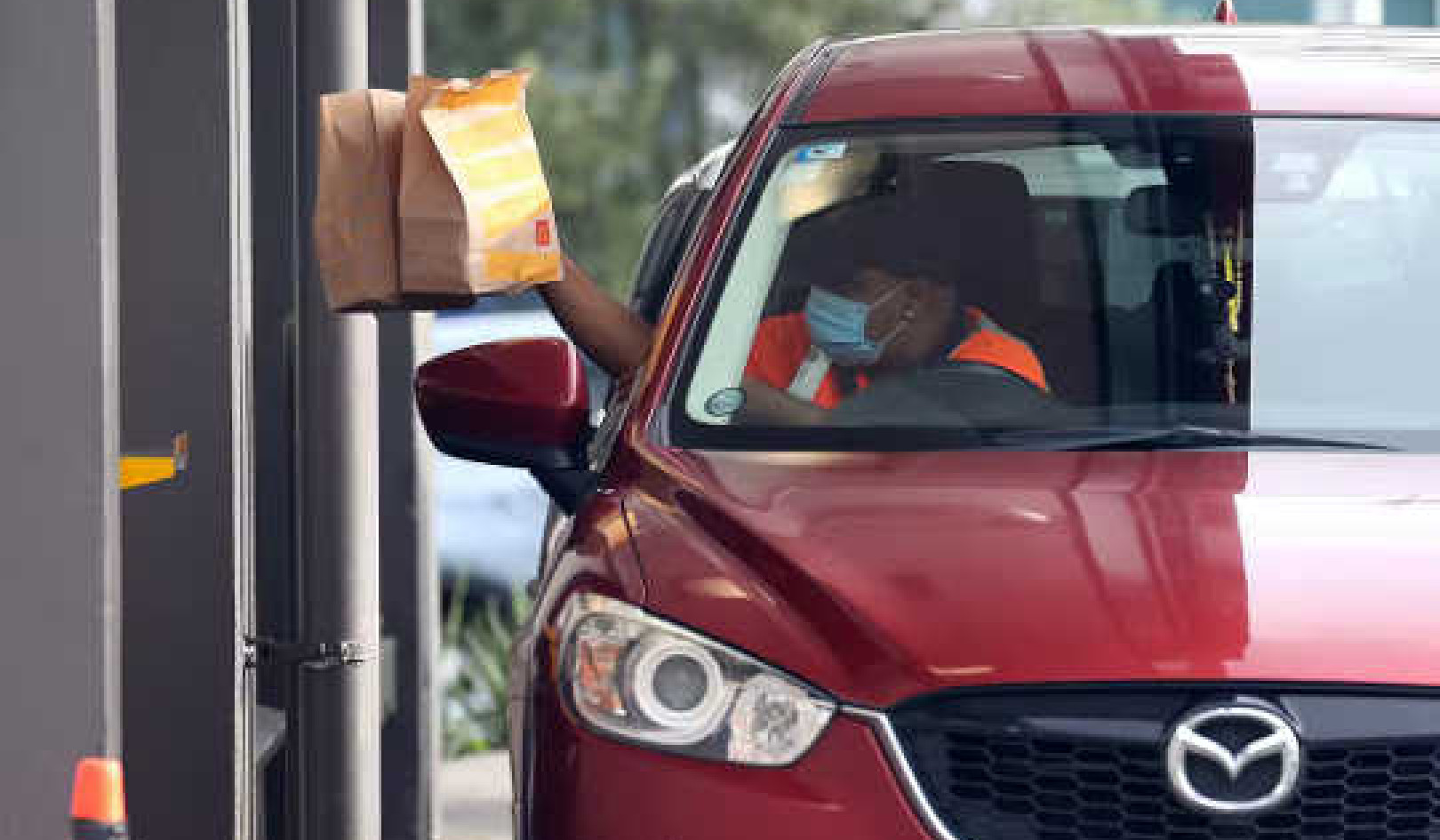
Four of the world’s biggest cities are to ban diesel cars from their city centres by 2025, in order to improve air quality. The mayors of Paris, Madrid, Athens and Mexico City announced the plans at the C40 Mayors’ Summit on climate change. This bold move could lead other cities to take action, and help to accelerate a shift away from diesel.
Diesel engines are seen as major contributors to air pollution in cities, as they exude nitrogen dioxide and tiny particulates. These pollutants have a known impact on human health: they can cause heart attacks, breathing difficulties and even premature death.
Anne Hidalgo, the mayor of Paris, stated that: “we no longer tolerate air pollution and the health problems and deaths it causes, particularly for our most vulnerable citizens”. Mexico City’s mayor, Miguel Ángel Mancera, said that the city would also increase investments in public transport, so as to improve air quality and reduce greenhouse gas emissions. Meanwhile Giorgos Kaminis, the mayor of Athens, said that he aimed to remove all cars from the city centre and work with governments and manufacturers to promote electric vehicles and cleaner transport options.
Ditch the diesels
Government attitudes had started to turn against diesels anyway. A year ago, the (now ex-) French prime minister, Manuel Valls, admitted that the promotion of diesel cars – on the basis that they are more fuel efficient and emit less CO? than petrol engines – had been a “mistake”. His comments reflected a wider shift in thinking in Europe, which has been accelerated by Volkswagen’s “dieselgate” scandal. Indeed, Paris already had plans in place to ban older diesels from 2020.
These measures are likely to increase pressure on other nations – including the UK – to phase out diesel vehicles, or at least introduce clean air zones. London’s ultra-low emissions zone, for example, aims to stop the dirtiest diesels driving through the centre of the city. The question now is whether this will be tightened up further and whether other UK cities such as Birmingham and Manchester will act to reduce air pollution too.
In the wake of the VW scandal we should see tougher testing of emissions and fuel efficiency by regulators which better reflects real-world driving conditions. If this requires diesel-powered cars to be fitted with systems that clean up their emissions, they may become more expensive. This would, in turn, affect their popularity.
It’s as well that European nations are taking firm action to curb the use of diesel vehicles. For years now, diesels have been pushed by European manufacturers and governments as a supposedly clean alternative to petrol cars, producing lower tail-pipe CO? emissions and offering better fuel efficiency. Diesel car sales account for just short of 50% of the European car market, in stark contrast to other major markets where diesel sales are tiny.
For example, in the UK, company cars (which account for about half of annual car sales) have a “benefit-in-kind” tax for drivers, related to the car’s CO? rating, which makes diesels more attractive from a tax point of view. As a result, diesel sales in the UK have grown dramatically in recent years. European governments have effectively subsidised diesels and, in doing so, have slowed a much-needed transition to cleaner vehicles.
Playing catch-up
Fortunately, a range of hybrids and electric vehicles (EVs) have been developed to meet this need. Japanese and American car makers have gone down two different technological routes. Japanese car makers – and Toyota in particular – went down the petrol hybrid route, while US firms such as General Motors and Tesla have gone into pure electrics and plug-in hybrids.
With the exception of Renault-Nissan and BMW, European producers are now particularly exposed to a diesel downturn – it seems they may have placed the wrong technological bets. Petrol hybrids and electric cars could well emerge as winners from the VW debacle – something which Tesla founder Elon Musk has been keen to stress
Toyota is trying to play catch up on EV development while Jaguar Land Rover also recently announced a belated electric push with its I-PACE launch. Meanwhile, VW is trying to clean up its act in the hope that 25% of VW sales will be EVs by 2025.
But so far, apart from Tesla’s in roads into the premium market, sales of EVs have been something of a disappointment. EV take up has only really happened on a big scale in Norway, thanks to substantial government support.
This is partly down to huge over-hyping early on: despite several years of high expectations for EVs, it’s only now that the first genuinely viable models have appeared on the market in the form of the BMW i3, Nissan Leaf 2 and Tesla Model S.
Other factors slowing the take-up of electric vehicles could include a lack of confidence in electric vehicle technology and performance, uncertainty over the lifespan of expensive batteries, a lack of awareness of the incentives that make electric vehicles cheap to run and a relative lack of choice, which results in the perception that electric vehicles are not particularly stylish.
Yet we can be hopeful that these attitudes will change. We’ll see a lot of new mass market EVs in 2017, with significantly greater range. Models such as the Tesla Model 3, the Chevrolet Bolt, as well as designs from Renault and Nissan, will be game-changers.
Let’s be clear. Diesels should be restricted in cities to improve air quality. Policy needs to favour public transport, as well as alternative car technologies such as hybrids and EVs. Viable models are already here; it’s time for governments to start encouraging and supporting citizens to use them.
![]()
About The Author
David Bailey, Professor of Industry, Aston University
This article was originally published on The Conversation. Read the original article.
Related Books:
at InnerSelf Market and Amazon

























